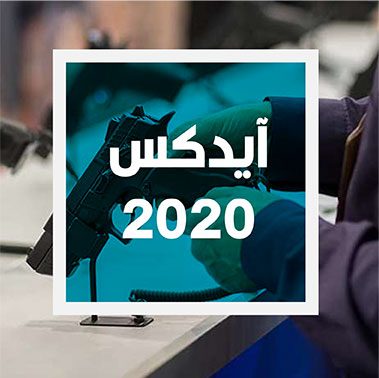Over the recent years, China extensively used “wolf warrior diplomacy” (战狼外交), a diplomatic tactic that amounts to a tough stance on those perceived to be threatening China’s interests, which gained momentum since the outbreak of the pandemic.
This type of diplomacy in since 2010 when the Chinese GDP became greater than that of Japan, making the Chinese more confident and their diplomacy leaning towards assertiveness, in addition to using social networks and resorting to blame, warning, and even intimidation.
The term “Wolf Warrior Diplomacy”, coined after a famous Chinese movie, about a Special Forces soldier tasked with fighting foreign mercenaries, describes defending national interests against the attack launched by spokespersons for the Ministry of Foreign Affairs and dozens of diplomats, often in a confrontational manner.
In this context, “Wolf Warrior Diplomacy” points to the rise of nationalism, and reflects the “fighting spirit” advocated by President Xi Jinping, requiring a more aggressive approach.
It is also a result of the Western-biased handling of China, tainted by ideological and ethnic overtones.
Furthermore, during the outbreak of the Corona pandemic, Beijing was keen to put an end to hostile sentiment around the world, following a clear counter-narrative against those who consider it the cause of the global contagion.
Therefore, in an article on “Wolf Warrior Diplomacy”, the nationalist “Global Times” said, “Gone are the days when China could be put in a submissive position. China’s rising status in the world demands protecting its national interests unequivocally.”
For his part, Chinese Foreign Minister Wang Yi said that Chinese diplomats “never choose to fight or bully others, but we have principles and courage and will resist any deliberate insult to resolutely defend our national dignity.”
However, this firm diplomacy has undermined China’s global image, and increased tension in its relations with countries around the world in recent years, spurring calls for more positive diplomatic interactions.
This transformation can be seen in President Ping’s calls for Chinese diplomats to show a positive image and expand their circle of friends to make China “Open, confident and humble in its contacts with the world.”
However, as Beijing continues to consolidate its rise, the wolves cannot resist conveying strong messages on issues such as Taiwan, Hong Kong, and the South China Sea to protect China’s “core interests”.














